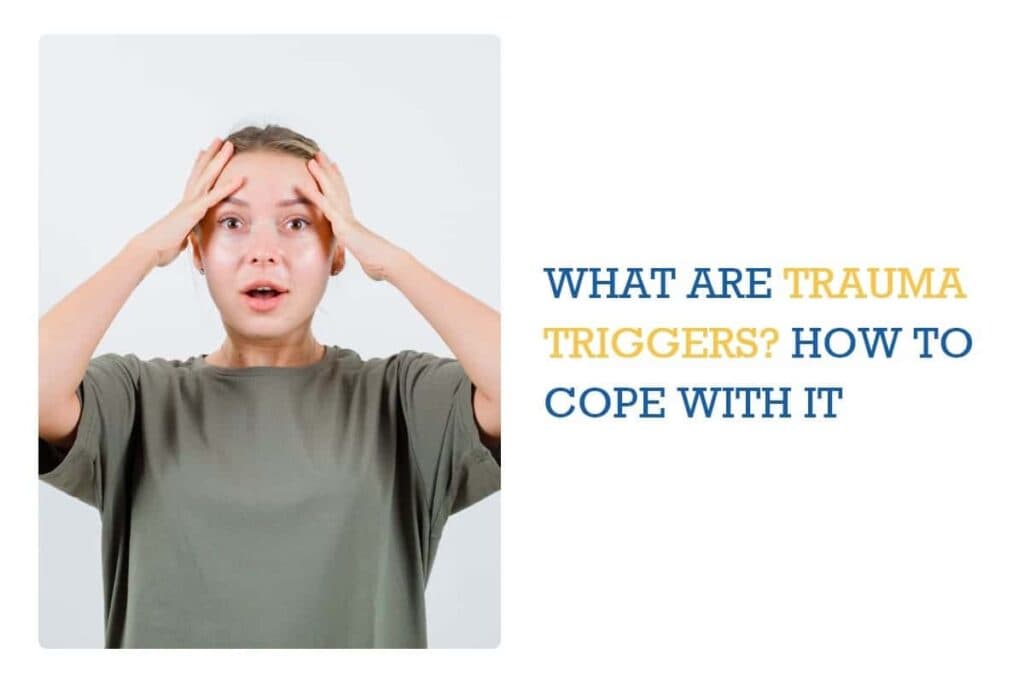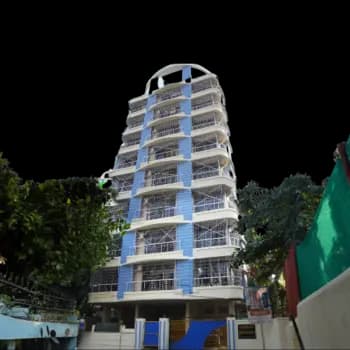What Are Trauma Triggers? How to cope with it?

Many times people face unpleasant traumatic situations in life which often leave a lasting scar on them. This may be caused due to a physical assault, the death of a loved one, an accident etc. Often such trauma is triggered through certain factors causing the person to re-experience that unpleasant situation, thereby affecting their mental health.

A trauma trigger is a psychological stimulus which elicits or prompts an involuntary recall of that traumatic event that has occurred previously. Examples are a sight, a particular smell or sound, emotions, certain textures, images etc.
It is essential to address such mental health problems and one of the leading psychiatric hospitals which specialises in providing such treatment modalities is Jagruti Rehabilitation Centre in Malad. It is one of the trusted names in providing psychiatric treatment options in Mumbai. They offer a personalised approach and a comprehensive treatment plan best suited to the patient’s needs.
Trauma trigger symptoms:
An individual who has been exposed to a traumatic situation experiences various symptoms. These symptoms are specific to an individual and their intensity may vary from person to person. Traumatic coupling is the process by which a person connects a traumatic event to a certain trigger.
What happens when trauma triggers
- A sudden feeling of anger
- Uncontrolled emotions
- Uneasiness on hearing loud noises
- Mood swings, anxiety and irritability
- A feeling of hopelessness and worthlessness
- Confusion, daydreaming and feeling disconnected
- Difficulty in recognising one’s self.
- An increase in heartbeat and shortness of breath
- Unpleasant thoughts about death.
- Forgetfulness and an inability or difficulty in being able to focus
- Sleep disorders
- Nausea and sweating
- Worrying about the same things
- Starting to feel unsafe and helpless and having a panic attacks
- especially on seeing graphic images related to violence for example.
- Experiencing similar feelings were experienced when the trauma occurred
- Disorientation
- A feeling of being dissociated
How to overcome trauma triggers?
Dealing with such triggers is not easy and it takes a lot of effort on the part of an individual to overcome it.
It is a natural tendency of the mind to push such thoughts under the rug to avoid it, but that only causes more damage and can exacerbate PTSD (Post Traumatic Stress Disorder) in the long run.
The key is to address such a situation at the earliest so that it does not interfere with or affect your day-to-day functioning.
Jagruti Rehabilitation Centre helps such patients recover from such situations which enables them to lead a normal life. Not just physical health, mental health is also crucial and it is thus essential to overcome such trauma triggers in the following ways:
- As mentioned earlier, avoidance is not the solution. It is essential to learn how to cope with such triggers which is only possible through professional medical help or therapy/counselling. Such therapy helps lessen the impact of such triggers.
- There should be no shame in accepting the fact that one needs mental health therapy and being ready to accept treatment.
- Deep breathing exercises help in relieving stress
- Meditation
- Yoga
- Light exercises, taking a brisk walk for 30 minutes a day
- Journaling or writing your thoughts at the end of each day
- Making a note of what triggered you and creating a mechanism to deal with it
- Speaking of confiding in someone you trust
- Trying to gain control over one’s emotions by avoiding over- reacting to them and maintaining a sense of calm
If you frequently experience such symptoms which are caused by trauma triggers it is best to seek help and confront the underlying problem
How to deal with trauma triggers?
The impact of such situations is often profound and dealing with such triggers can be difficult indeed. Sometimes even the slightest stimulus is enough to disturb a person both physically and emotionally and if such situations keep occurring repeatedly, they may have long-term repercussions.
As the saying goes, ‘nip it in the bud’, these issues need to be carefully detected and dealt with at an early stage so that the patient can lead a normal life like others.
Here are a few ways to deal with it:
- Admitting and understanding that the trauma has occurred
- Accepting the fact that there are after-effects of the traumatic incident
- Understanding what triggers you
- Developing a resilient attitude. Though difficult, one must try and make an effort to bounce back to normalise the situation to how it was before the trauma
- Positive thinking
- Socialising and spending time with family and friends.
- Be kind to yourself.
- Prioritise mental health
- Trying to help at a charity
- Avoid social isolation
Mental health and wellness are the top priority at Jagruti Rehabilitation Centre. The team of healthcare experts endeavour to deliver the best quality of treatment through a systematic approach helping the patient experience a better quality of life which makes it one of the best psychiatry hospitals in Malad. Mental health is important and you are certainly in safe hands at this highly acclaimed centre.







